The government plans to improve internet speeds in Ogun, Edo, and other areas
In the first quarter of 2024, Nigeria is poised to launch the National Broadband Alliance for Nigeria initiative, an effort aimed at enhancing broadband development and adoption in specific regions, including Edo, Ogun, Kwara, Katsina, Imo, Abia, Borno, and Nasarawa. Conceived by the Ministry of Communications, Innovation, and Digital Economy, this initiative addresses the challenges posed by the limited rollout of fiber networks in the country.
The Minister, Dr. 'Bosun Tijani's office revealed this information through a white paper titled 'Broadband Access for All: Introduction Deepening Nigeria’s National Backbone and Middle Mile Infrastructure.' The white paper emphasizes the growing obstacles faced by individuals and communities in navigating today's interconnected world without reliable and affordable internet access. The initiative aims to alleviate these challenges, which span economic and knowledge exchange barriers resulting from limited internet access.
It emphasized that countries experience unparalleled advantages in speed, reliability, and future scalability when establishing modern broadband infrastructures. Citing the 2019 Broadband Plan, the nation requires a minimum of 120,000km of fiber optic cables to meet its coverage objectives.
Nevertheless, the deployment of these optic cables faces numerous challenges, it pointed out. The National Broadband Alliance for Nigeria, as revealed, emerges as a collaborative effort among multiple stakeholders, seeking to address these challenges and lead a unified initiative for achieving widespread broadband access nationwide.
In the announcement of the initiative, the paper stated, "To confront the challenges of low consumption and non-consumption, along with the resulting poor return on investment in a nationwide fiber network, the Ministry of Communications, Innovation, and Digital Economy has initiated the National Broadband Alliance for Nigeria. The aim is to encourage collaboration in broadband development and adoption, positioning Nigeria at the forefront of the global digital landscape."
The statement further conveyed, "Acknowledging the crucial role of broadband in economic advancement, the alliance aims to unite essential participants from both the public and private sectors, along with civil society. Together, they will work towards creating viable business models to promote the adoption and use of the Internet in vital public institutions such as schools, hospitals, government offices, libraries, markets, etc., throughout the country."
The Ministry of Communications emphasized that the alliance would additionally function as a hub for governmental bodies, telecommunication firms, technology providers, and civil society organizations to synchronize their endeavors and pool resources for the extensive proliferation of broadband services nationwide.
It declared that NBAN would collaborate closely with regulatory bodies to streamline procedures and eliminate barriers impeding the prompt deployment of broadband networks in the nation.
The statement conveyed, "Furthermore, it will actively promote digital inclusion and awareness, aiming to ensure that every segment of society becomes part of the digital economy and reaps the benefits of broadband connectivity."
Addressing the rollout strategy, it appended, "The initiation of this endeavor is set to commence in seven states of the country by the conclusion of the first quarter in 2024. The selected states include Edo, Ogun, Kwara, Katsina, Imo, Abia, Borno, and Nasarawa. The choice of these initial states is based on their current broadband investments and their adept management of fiber optic challenges, such as the waiver of the Right of Way fee."
In a tweet introducing the whitepaper titled 'Broadband Access for All,' Tijani expressed, "Throughout my tenure as Minister, discussions have consistently revolved around the quality of internet services. As I prepare to attend @wef next week, my focus will be on establishing partnerships for two pivotal initiatives aimed at bridging the internet quality and access disparity in Nigeria.
"To delve deeper into the initial phase of this endeavor, I am sharing a whitepaper (Link here – b.link/BAFA-1) outlining our strategy to form an alliance addressing the non-consumption gap. This initiative aims to ensure affordable access for all, encompassing rural and underserved areas of Nigeria."
He emphasized that the ministry is actively engaged in fortifying the digital economy, emphasizing connectivity. As previously highlighted, this initiative aligns with the infrastructure pillar outlined in the ministry's strategic blueprint.
According to official government statements, broadband denotes high-speed Internet connectivity. As of the close of August 2023, broadband penetration stood at 45.57%, based on data provided by the Nigerian Communications Commission. The national target is set at 50% by the end of 2023, although relevant data for this goal is pending release.
Recently, Adeolu Ogunbanjo, the President of the National Association of Telecoms Subscribers, commented, "The increase in penetration is promising news; it will alleviate poverty and position us digitally on par with our global counterparts. Enhanced internet penetration will foster job creation and empower our people progressively."


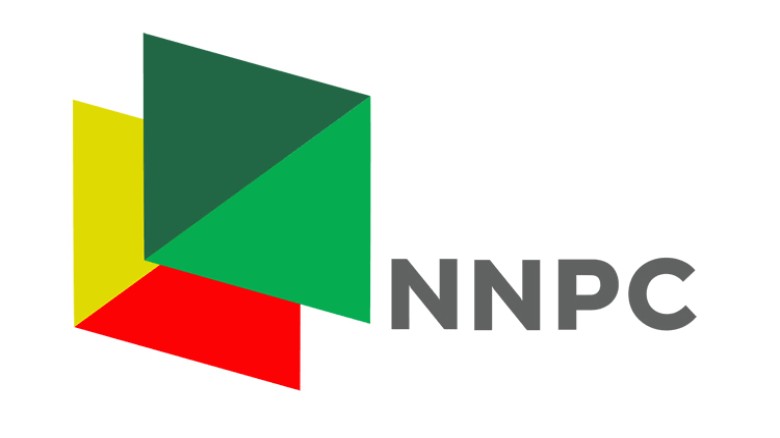
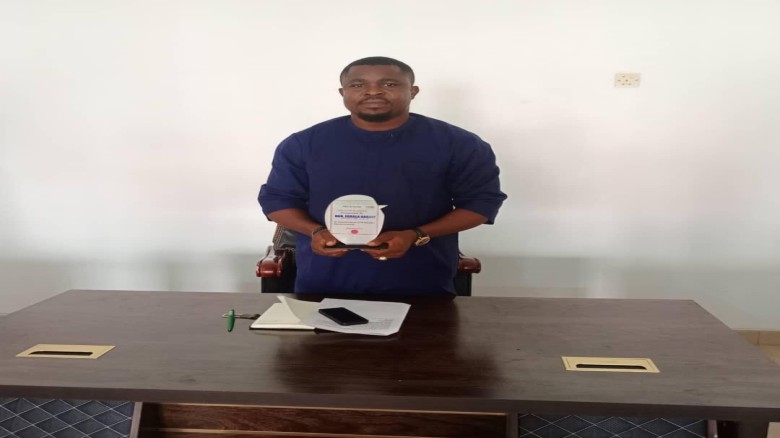
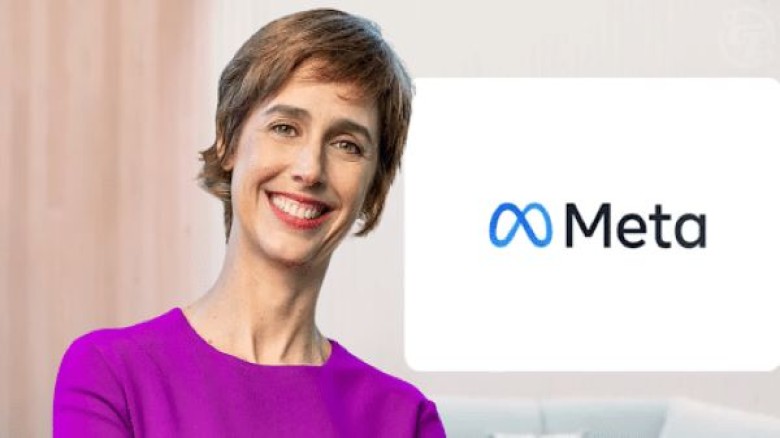






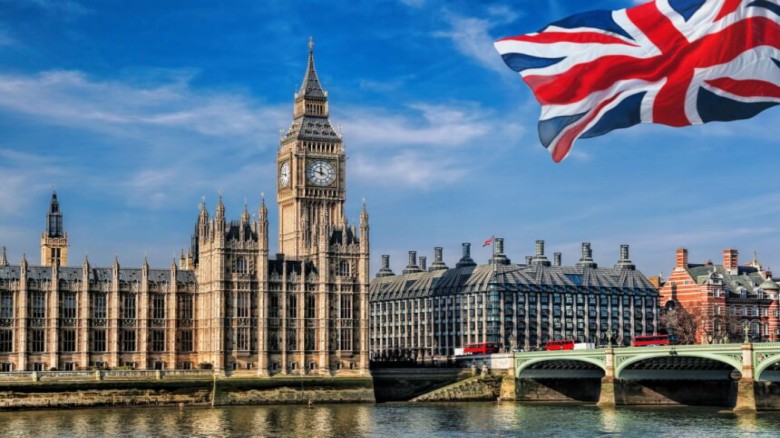
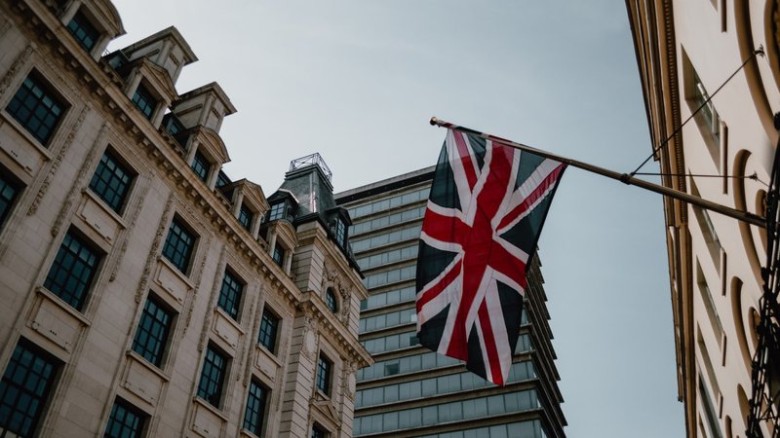


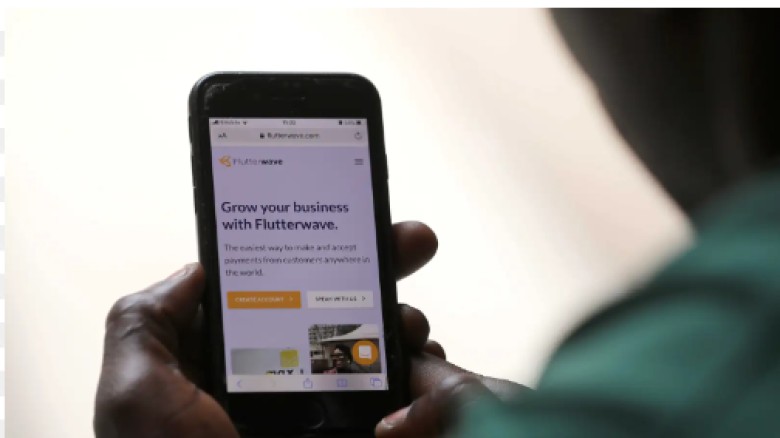


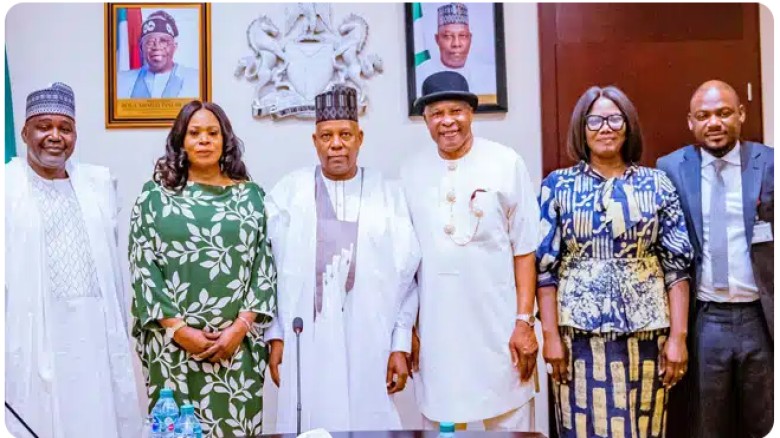
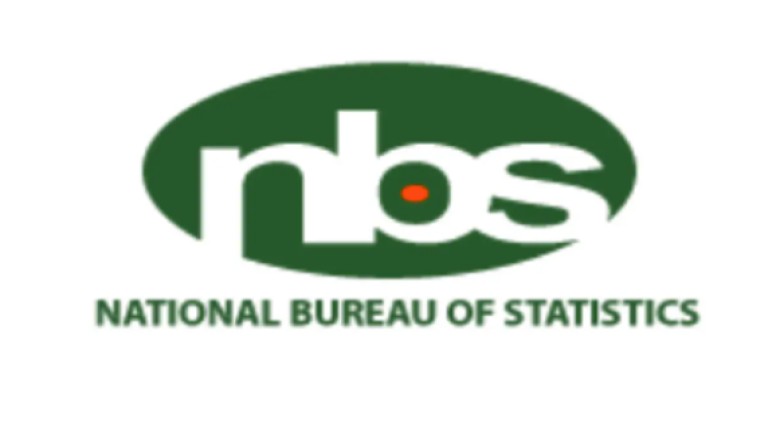




Leave A Comment